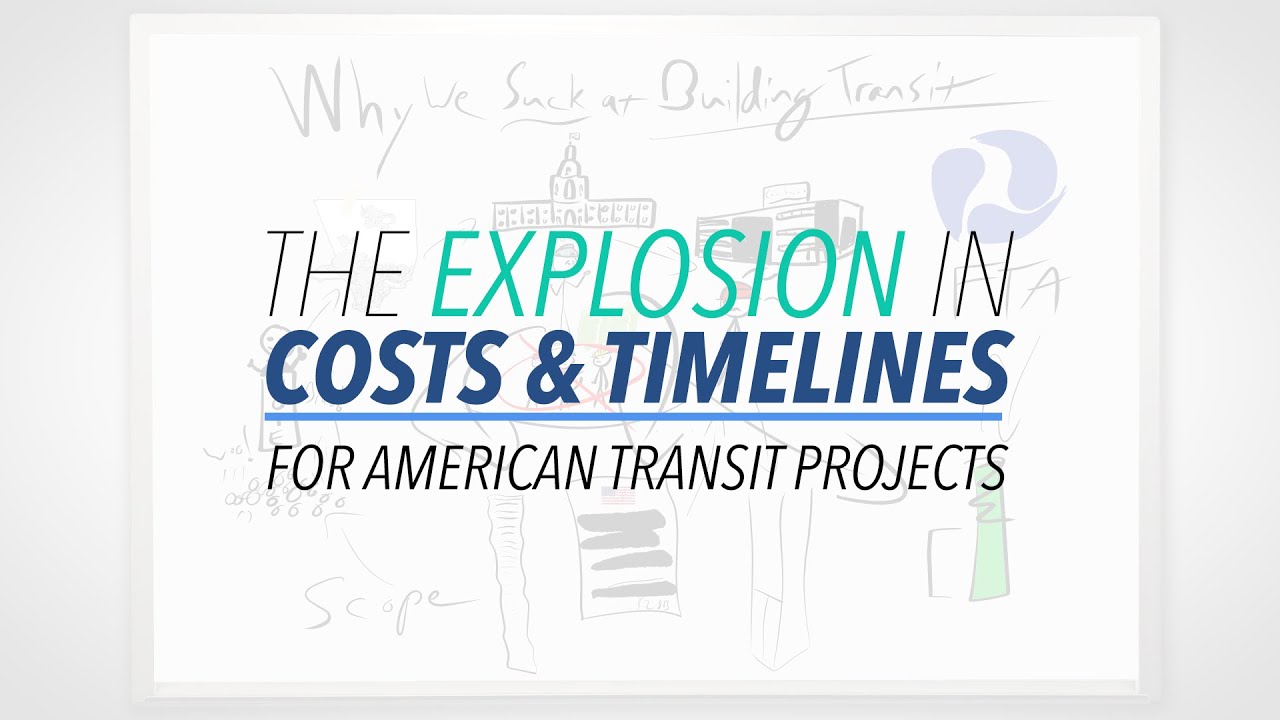The cost to build anything anywhere in Australia seems to be soaring. Is this the skills shortage coming to bite us? Are the cost of materials and issues with project management also to blame?
It’s not just the more physical aspect of building but also the lack of in-house knowledge capable of delivering projects at a reasonable cost and time.
I’d argue that if we want more transit we should be advocating hard on things like actual permanent know-how, as well as a paradigm shift to turn new stations into hotspots for commercial activity.
Basically making QIC and translink behave more like Hong Kong’s MTR.
Definitely this. I increasingly feel it’s not building skills that are most lacking but project planning and engineering skills plus the lack of a permanent ongoing skills base.
It’s a bit better than it was given the progress in some projects but there’s no real plan to keep those skills and bring some into the public service.
Doesn’t help when so much of the public service is paid peanuts compared to working privately, but maybe that’s just a local government thing.
Could it be lack of competition? Very large projects can only really be run by a few major firms, and if they are really busy, then they just increase the price.
It could be a tradeoff.
Project to project work - higher pay because risk is higher that you might not have a next project to go to after completing the current one.
Sounds like we really need a continuous pipeline of projects, to keep people long-term.
We need to drop the obsession with outsourcing everything, and have a continuous build of projects that are run in-house by infrastructure agencies. The only really successful example I can think of in recent years in Australia is the Victorian Level Crossing Removal Authority, that was established as a public body and has just continuously and steadily delivered project after project without the massive profit margins, delays, contract negotations, and other needless waste that most of our tendered projects experience.
It’s by no means bad, but state gov also does pay less compared to an equivalent private job in my experience. On the flip side though, the culture and work-life balance is much better which does attract some people (such as myself)
I really think the privatisation of all parts of infrastructure building and complex commercial arrangements are the key cause of massively inflated prices.
Wages are high in European countries but their costs per KM are much lower. While wages are not quite as high in Chile, and South Korea their costs are many orders of magnitude lower and can’t be explained just by wages likely because the process of building infrastructure is continuous and controlled in house. In China (while we can’t replicate fully) simplified designs which are repeated many times enable them to automate functions and place large orders for multiple projects.
It’s a broad whinge but I suspect it would take a real culture change and strong leadership for our government bodies to take on risk of criticism with the aim of lowering costs and producing more.
The responses below all pick up on different aspects of the fallout from the ‘marketisation’ reform in the Australian public sector from the 1990s. Over time, public agencies lose substantive expertise and shift from understanding the details of their area to a focus on procurement and contracting (and public relations). Public sector wages may be lower because substantive expertise is not deemed necessary or valuable, lower cost staff can take on management of contracted activities and expertise can be contracted when needed. But managing something that an agency doesn’t really understand can be a lot more expensive, as it needs multiple layers of review and checking by people (under contract) who claim to have the expertise to check on the other contractors doing the work. The many intersections between contracted roles require extra costs of coordination. And the contractors bid higher to cover the costs of tendering, reporting, and with a buffer for complications that arise during a project because they suspect that the funding agency doesn’t have the know-how to create a proper scope of work or resolve technical issues prior to the project getting underway.
This is not the only area of public sector responsibility where marketisation led to reduced public sector capability and greater costs to society.
